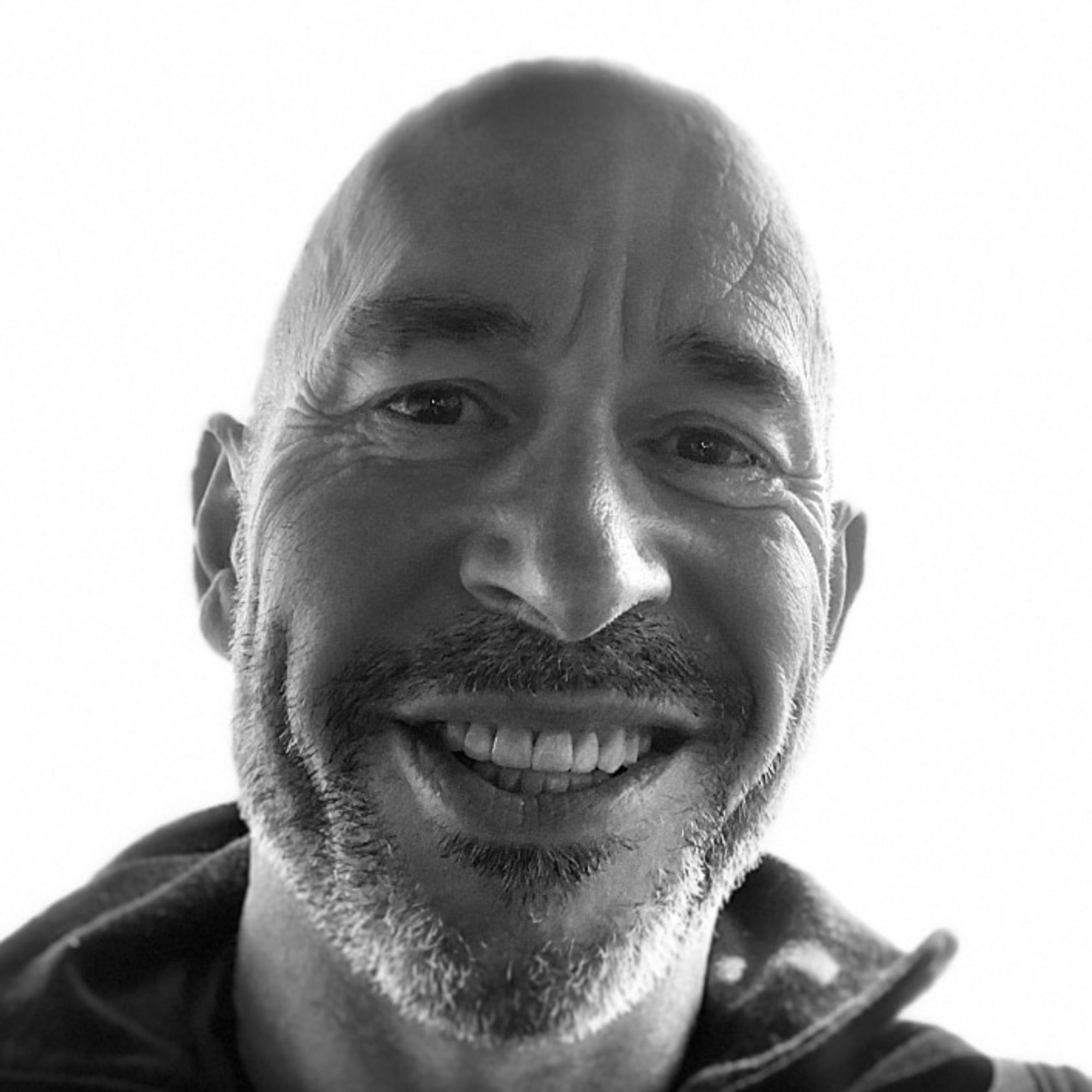Ready to Publish
Ready to Publish
Publish Date
Jun 27, 2021
Slug
martin-heidegger
Excerpt
Related Posts
Featured
External Link
Extra Info
Status
:Source URL
:Priority
Authors
Table of Contents
Dasein
Heidegger calls the specific human mode of being “Dasein.” The term points out that human beings are both there (Da) and present (sein). Maybe Heidegger’s most decisive step, however, is to state that the Dasein is the same as Being-in-the-World, which means that self and world are tied together in a single structure. No subject–object dichotomy exists. This means that the world is a part of Dasein’s way of being.
I would go a step further beyond his integrated dyad to say that Self, MPo & MVa are a single structureAlways Already
/Agents can represent and know the world only because they already have in place an implicit understanding of the world, which is embedded in their coping practices. Subjects, for the most part, do not stand over against the world by representing it; rather they always already act within a meaningful world that they already in some sense understand./ From On Heidegger’s Being and Time
- Similar to Circularity
- Used by Werner Erhard in Already always listening.
Note the swapping of the order of terms
- It is related to Heidegger’s concept of “thrown-ness.” We are thrown into an “always already” existing world.
- I think “Always Already” goes beyond how we listen (perceive) but also how we do The 6 capabilities
- To me what is implicit but I don’t think explicit in his writing is the notion of Gurdjieff’s notion of presence or Asleepness
Authenticity
For Heidegger, there are two dominant modes of being human: authenticity and inauthenticity. Furthermore, we have a choice to make between these two modes: the choice is whether to be oneself or not to be oneself, to be author of oneself and self-authorising or not.
Mood or attitude
::Needs further inquiry:: I have spent somer time on this but it seems unimportant from the perspective of contributing anything meaningful towards Meaningful Participation.
Projection
::Needs further inquiry:: I have spent some time looking into this but haven’t been able to find a clear understanding
- I think this relates to Circularity
Concern (or Care)
- I think this maps onto my concept of [[Meaningful Potential 🔘 (MPo)]] and [[Viegram 🔘/1. What is important]]
A fundamental basis of our being-in-the-world is, for Heidegger, not matter or spirit but care
* Dasein's [facticity](<https://en.wikipedia.org/wiki/Facticity>) is such that its Being-in-the-world has always dispersed itself or even split itself up into definite ways of Being-in. The multiplicity of these is indicated by the following examples: having to do with something, producing something, attending to something and looking after it, making use of something, giving something up and letting it go, undertaking, accomplishing, evincing, interrogating, considering, discussing, determining. . . .[❲12❳](<https://en.wikipedia.org/wiki/Heideggerian_terminology#cite_note-12>)
All these ways of Being-in have concern ( /Sorge/, care ) as their kind of Being. Just as the scientist might investigate or search, and presume neutrality, we see that beneath this there is the mood, the concern of the scientist to discover, to reveal new ideas or theories and to attempt to level off temporal aspects.
Thrown-ness
- subject to the inertia of habituality & asleepness (mechanicality)
- Related to “Always Already”
Heidegger on waking up and becoming a self-author
the human being is not just a being defined by being thrown into the world. It is also one who can throw off that thrown condition in a movement where it seizes hold of its possibilities, where it acts in a concrete situation. This movement is what Heidegger calls projection (Entwurf) and it is the very experience of what Heidegger will call, later in Being and Time, freedom. Freedom is not an abstract philosophical concept. It is the experience of the human being demonstrating its potential through acting in the world. To act in such a way is to be authentic. Being and Time, part 4: Thrown into this world | Religion | The Guardian
Fallen-ness
- living inauthentically out of [[Authority 🔘/Externalised Authority]]. He expressed it as being-lost in the publicness of the “/they/” (/das Man/) . The “they” being the “other”.



